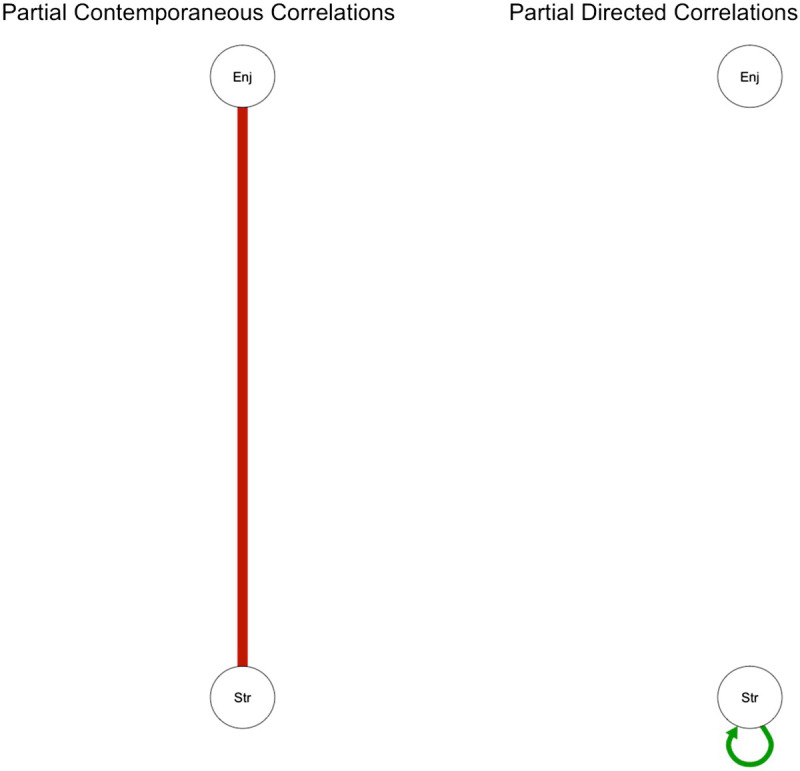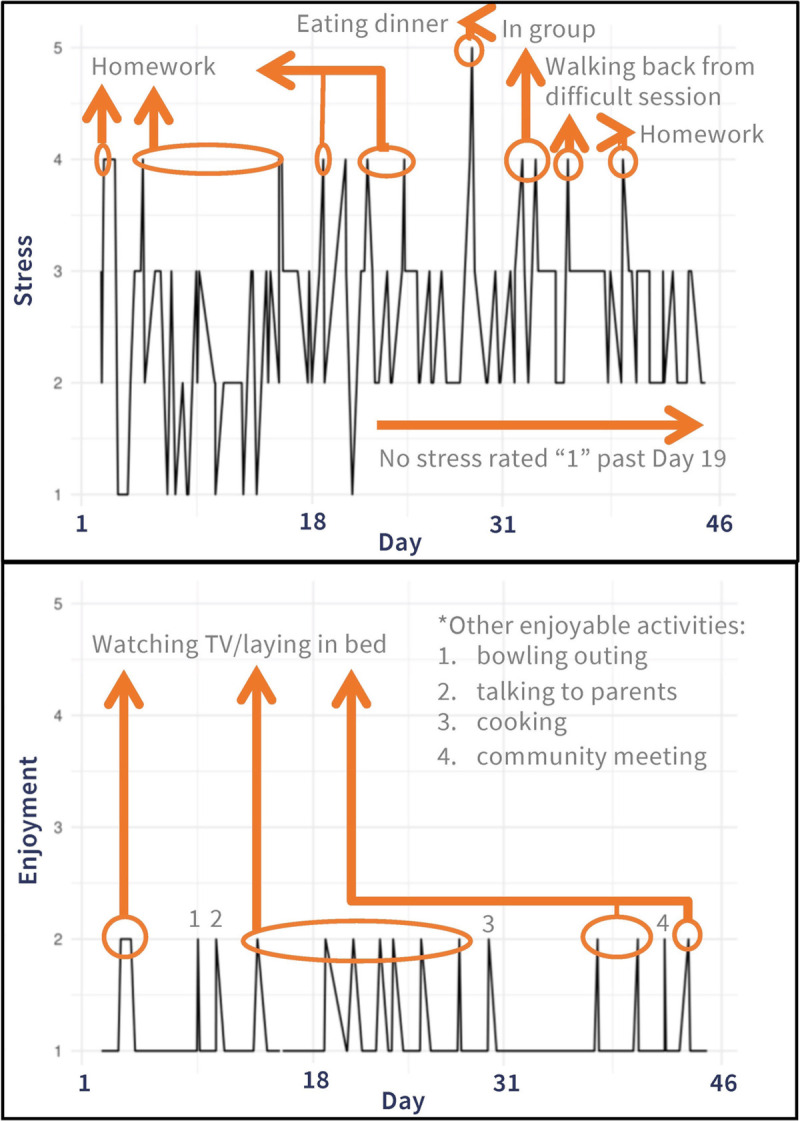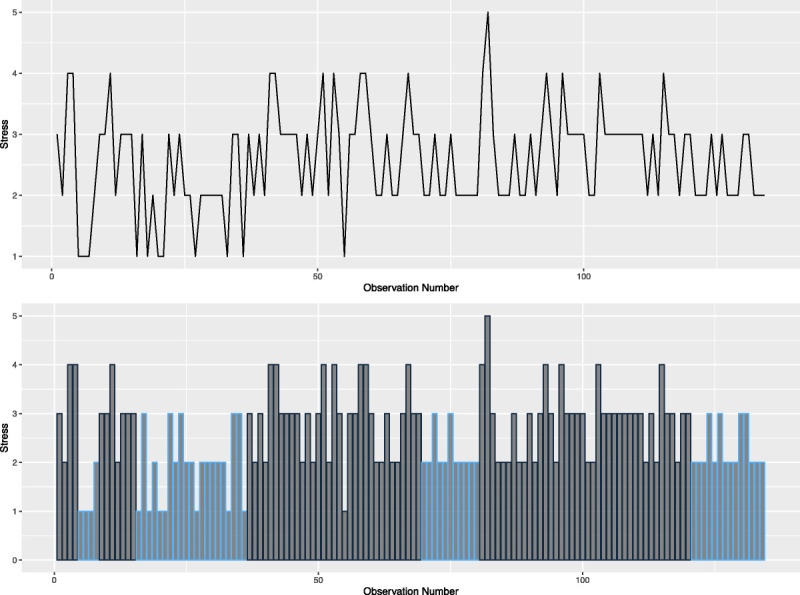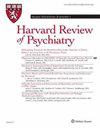Unremitting Suicidality in Borderline Personality Disorder: A Single Case Study and Discussion of Technology in Clinical Care.
IF 3.4
4区 医学
Q2 PSYCHIATRY
引用次数: 0
Abstract
CASE HISTORYAND TREATMENT This report presents the case of a young woman, “Jane.” The case is followed by commentary from three experts in suicidal or self-destructive behavior and the use of technology in clinical care. Jane is a college-aged female with a diagnosis of borderline personality disorder (BPD) and a history of repetitive self-harm, including head banging and cutting, as well as chronic, unremitting suicidal ideation. Jane had been in an intensive residential program for many months, and during this time she was stepped up to inpatient psychiatric hospitalization multiple times due to concerns about safety. Jane had a history of multiple suicide attempts while in outpatient, residential, and inpatient settings.Most of these attempts occurred on hospital units using methods like self-strangulation with available objects, self-suffocation, and self-starvation. Upon discharge from her last inpatient psychiatric admission, Jane was admitted to an intensive specialized residential program for adult women with borderline and other severe personality disorders. This unit integrates evidence-based treatments includingdialectical behavior therapy (DBT),mentalization based treatment (MBT), and good psychiatric management (GPM). The standard treatment protocol includes daily DBT diary cards, check-ins with the program’s 24-hour counselors,



边缘型人格障碍患者持续自杀:个案研究及临床护理技术探讨。
本文章由计算机程序翻译,如有差异,请以英文原文为准。
求助全文
约1分钟内获得全文
求助全文
来源期刊

Harvard Review of Psychiatry
PSYCHIATRY-
CiteScore
7.50
自引率
0.00%
发文量
67
审稿时长
>12 weeks
期刊介绍:
The Harvard Review of Psychiatry is the authoritative source for scholarly reviews and perspectives on important topics in psychiatry. Founded by the Harvard Medical School''s Department of Psychiatry, the Harvard Review of Psychiatry features review papers that summarize and synthesize the key literature in a scholarly and clinically relevant manner. Topics covered include: Schizophrenia and related disorders; Mood disorders; Personality disorders; Substance use disorders; Anxiety; Neuroscience; Psychosocial aspects of psychiatry; Ethics; Psychiatric education; and much more.
In addition, a Clinical Challenges section presents a case with discussion from a panel of experts. Brief reviews are presented in topic-specific columns that include Cross-Cultural Psychiatry, History of Psychiatry, Ethics, and others.
 求助内容:
求助内容: 应助结果提醒方式:
应助结果提醒方式:


